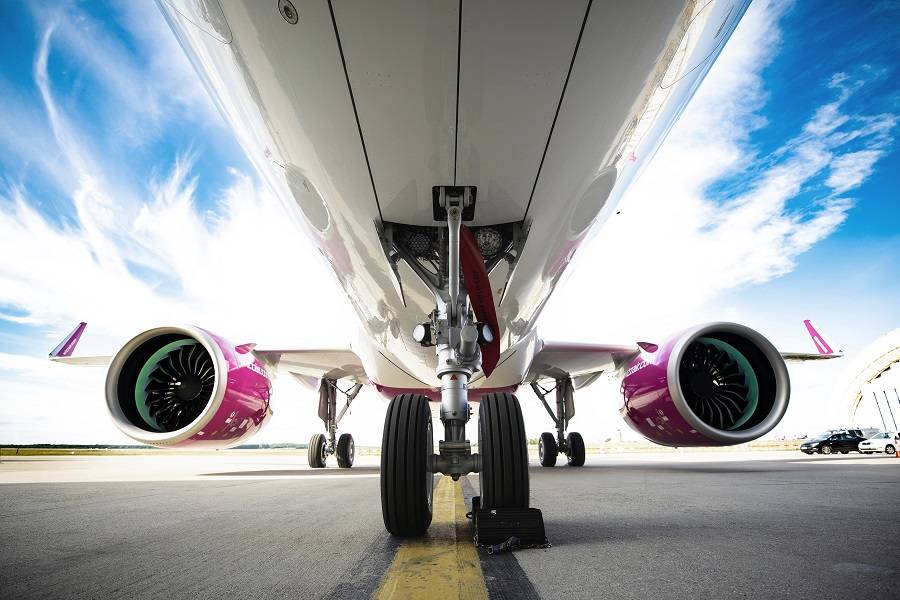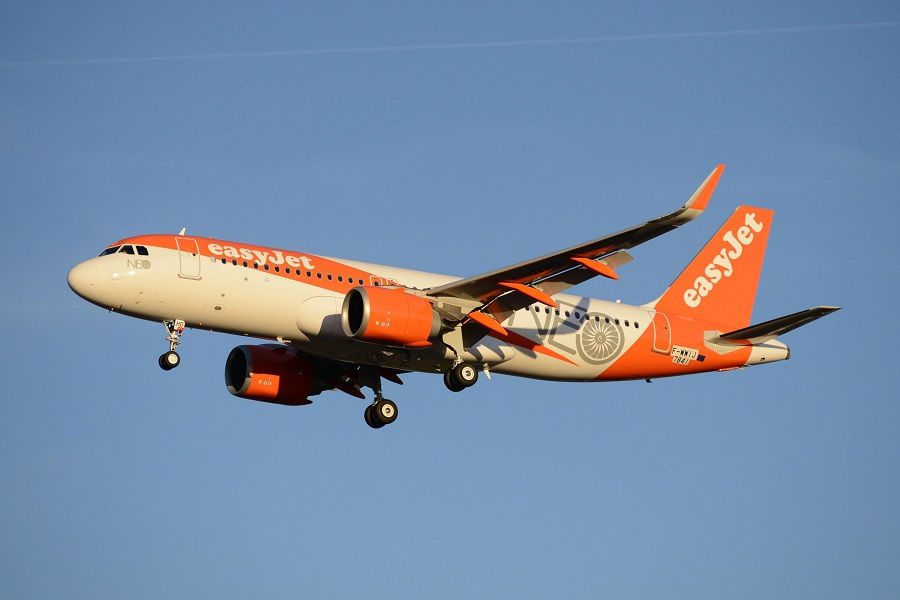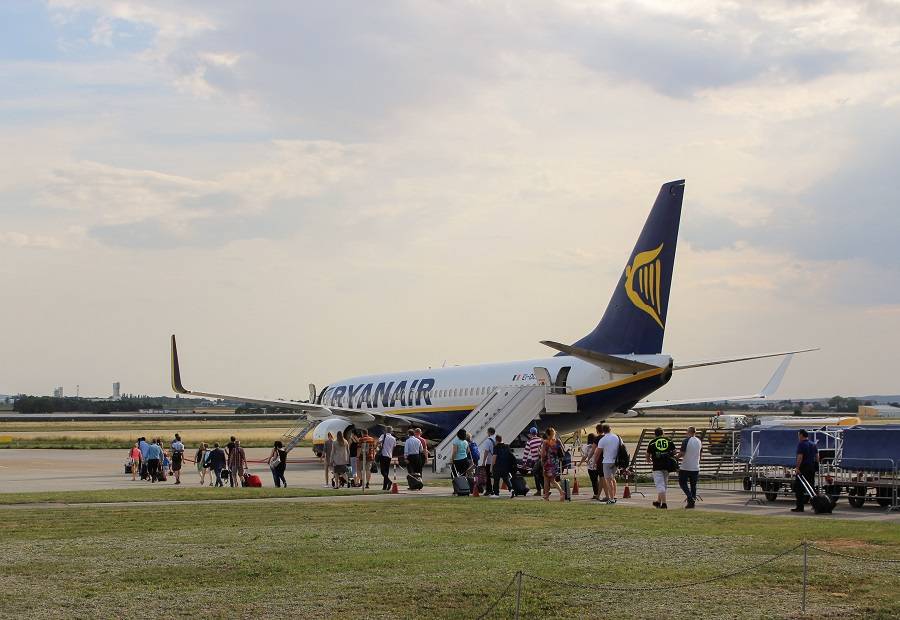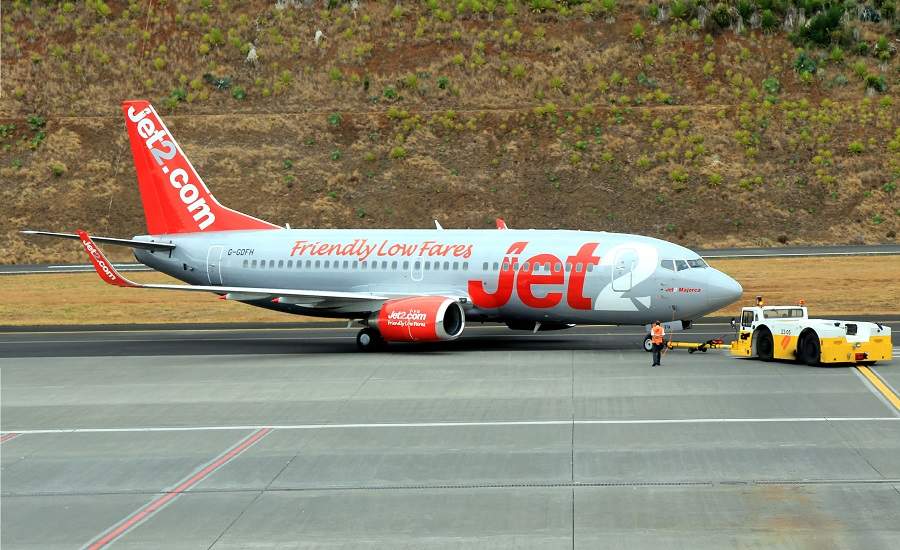A disagreement on whether short and medium, or all kinds of flights will need to use sustainable aviation fuel (SAF) has sparked up in the EU.
Several European low-cost carriers wrote to the EU, demanding that it enforces any SAF quotas equally, on ALL flights. Currently, EU plans appear to exclude long haul. The European Commission has been working on these plans for several months. A lot is still in the air. In addition to the types of flights, the EU has to decide the desirable percentage of SAF in fuel.

The matter has arisen because of a problem with sustainable aviation fuels: they are very expensive. And the real problem is that even if producers ramp-up their production, they will likely stay expensive. At this time, SAF’s price, irrespective of short or long-haul use, is 3-5 times higher than regular jet fuel. Scaling production, for some methods, should lower the cost. We won’t really know how much, until we try.
Making Sustainable Fuels Affordable?
That is the EU commission’s thinking. They wish to introduce quotas, forcing all airlines to use such fuel. This will scale its production and make it cheaper. It will also make air travel more expensive. But it should keep a level playing field, competitively, as all airlines have the same obligations. Of course some airlines use more efficient aircraft than others. Such quotas would likely drive faster fleet renewals! The 10-15% better fuel efficiency of younger jets could suddenly become that much more crucial.

But all this is if airlines need to use SAF for both short and long haul operations. To start with, the EU seems to want to prioritize short and medium haul, i.e. operations under 4,000 miles. Apparently the reasoning here is that passengers may be able to make these journeys through trains. And obviously there are many more short and medium haul aircraft and journeys, that SAF would see use on. However, some airlines and other bodies, beg to differ.
Easyjet, Ryanair, Wizz Air and Jet2 wrote to the European Commission on the matter. Co-signing the letter was also the non-government organization ‘Transport & Environment’. They ask that the EU applies quotas for SAF use on both short and long-haul flights. They argued that official data from Eurocontrol disputes the EU’s rationale. Eurocontrol is the European air traffic management.

The Long And The Short Of SAF
The Eurocontrol’s data shows that long-haul flights out of Europe are only 6% of the total. But these flights still account for half the total CO2 emissions, of all flights departing from Europe. So by demanding SAF use only from short and medium-haul, Europe is excluding half of the problem. And this is only half the argument.
The other half has to do with prospects of new technologies, beyond sustainable fuels. The signatories of the letter argue that for the short and medium haulers, SAF is a temporary solution. The goal is to overhaul short-haul with newer technologies, like hydrogen, hybrid or even electric, at the smaller scale. It is the long-haul carriers that will likely need to continue relying on SAF.

Beyond the interim usage of SAF for short haul, the signatories ask that the EU ensures the next step. They want incentives for electric and hydrogen. These technologies have the potential of being relevant for most of commercial aviation. From this perspective, SAF are the purview of long haul only. And this is a point the letter to the EU spells out:
“Excluding long-haul flights from the SAFs mandate would mean the very area of our sector that most needs to decarbonise would not be covered at all by this legislation.”



